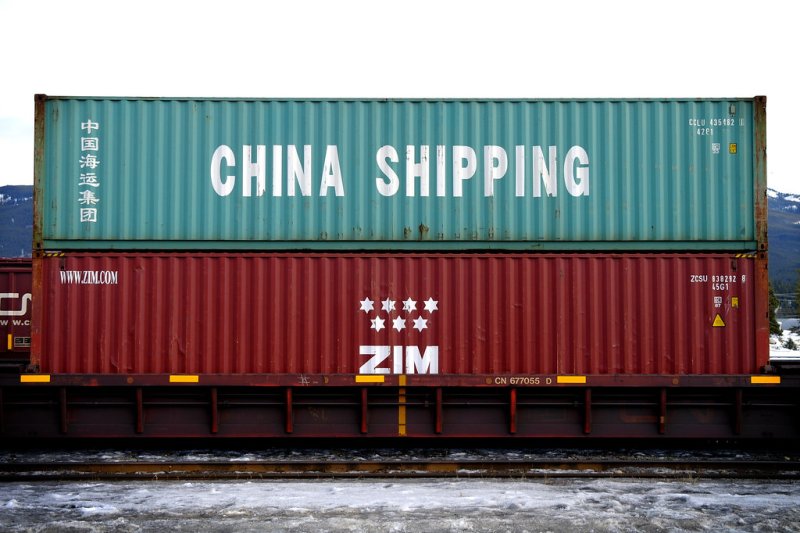- Negotiations

A bilateral trade agreement between Australia and China was finalised in 2015.
This agreement is controversial in Australia because it increases entry of temporary Chinese workers in a large number of occupations, without testing first if local workers are available. There are also provisions for Chinese companies with projects worth over $150 million to negotiate the number of foreign workers they bring in as well as their pay and conditions. This is the first time an arrangement which could allow most of the workforce to be imported has been included in any Australian trade agreement. It is unclear whether recent changes to the regulations of Australia’s Migration Act will be sufficient to ensure that such workers are not exploited.
Temporary migrant workers in Australia are already at a high risk of exploitation. There have been a number of studies showing exploitation of temporary workers, working long hours in dangerous conditions at less than minimum wages. Without greater protections in place there are concerns that increased numbers of temporary workers negotiated through trade agreements could lead to more cases of exploitation.
One important impact of the agreement is how it will open the doors to more Chinese investment in Australian agriculture. China is looking to secure its food supply by investing in agribusiness abroad, whether by investing directly in farms or buying into supply chains. Australia is an important source of meat and to a lesser extent dairy for China, and so ChAFTA is expected to boost Chinese deals in Australia’s livestock industry.
The ChAFTA is also controversial because it contains Investor-State Dispute Settlement (ISDS) provisions, which allow foreign investors to bypass national courts and sue governments before an arbitration tribunal for compensation if they can argue that changes to law or policy harm their investment. This gives increased power to corporations at the expense of democracy and the public interest.
Contributed by AFTINET
last update: March 2016
Photo: PughPugh/CC BY 2.0
17-Mar-2009
Sydney Morning Herald
A free trade deal between China and Australia won’t be conditional on the government giving the green light to Chinalco’s grab for a bigger share of Rio Tinto, Trade Minister Simon Crean says.
19-Feb-2009
China needs to come back to the table on a free trade agreement with Australia to improve the investment climate between the two countries, says Trade Minister Simon Crean.
18-Nov-2008
The Australian
Kevin Rudd said he could not set a deadline for the completion of an FTA with China, but that the depth of the financial crisis had hardened their mutual determination to seal a deal.
1-Jul-2008
Canberra’s decision — or non-decision — about Sinosteel’s move on Murchison came as less of a surprise within China than it did in Australia.
27-May-2008
Farm Online
It was revealed in Senate Estimates hearings today, that Australian vegetable growers will be ’sold out’ in negotiations with China over a Free Trade Agreement (FTA), according to Australian Greens Senator, Christine Milne.
21-Apr-2008
The Rudd government is considering giving cashed-up Chinese companies the same investment rights enjoyed by the US in a bid to revitalise free-trade talks.
15-Apr-2008
Trading Markets
Australian Trade Minister Simon Crean said China has agreed to unfreeze negotiations
10-Apr-2008
The Chinese and Australian governments have agreed "to unfreeze" the stalled negotiations for a free trade agreement.
10-Apr-2008
Federal Trade Minister Simon Crean says the Prime Minister has shown the Australian Government can express concerns about Tibet, without affecting the trade relationship with China.
22-Jun-2007
Chinese philosopher Laozi said a thousand-li journey starts by taking the first step, but Australia’s free-trade agreement team is looking decidedly footsore.





